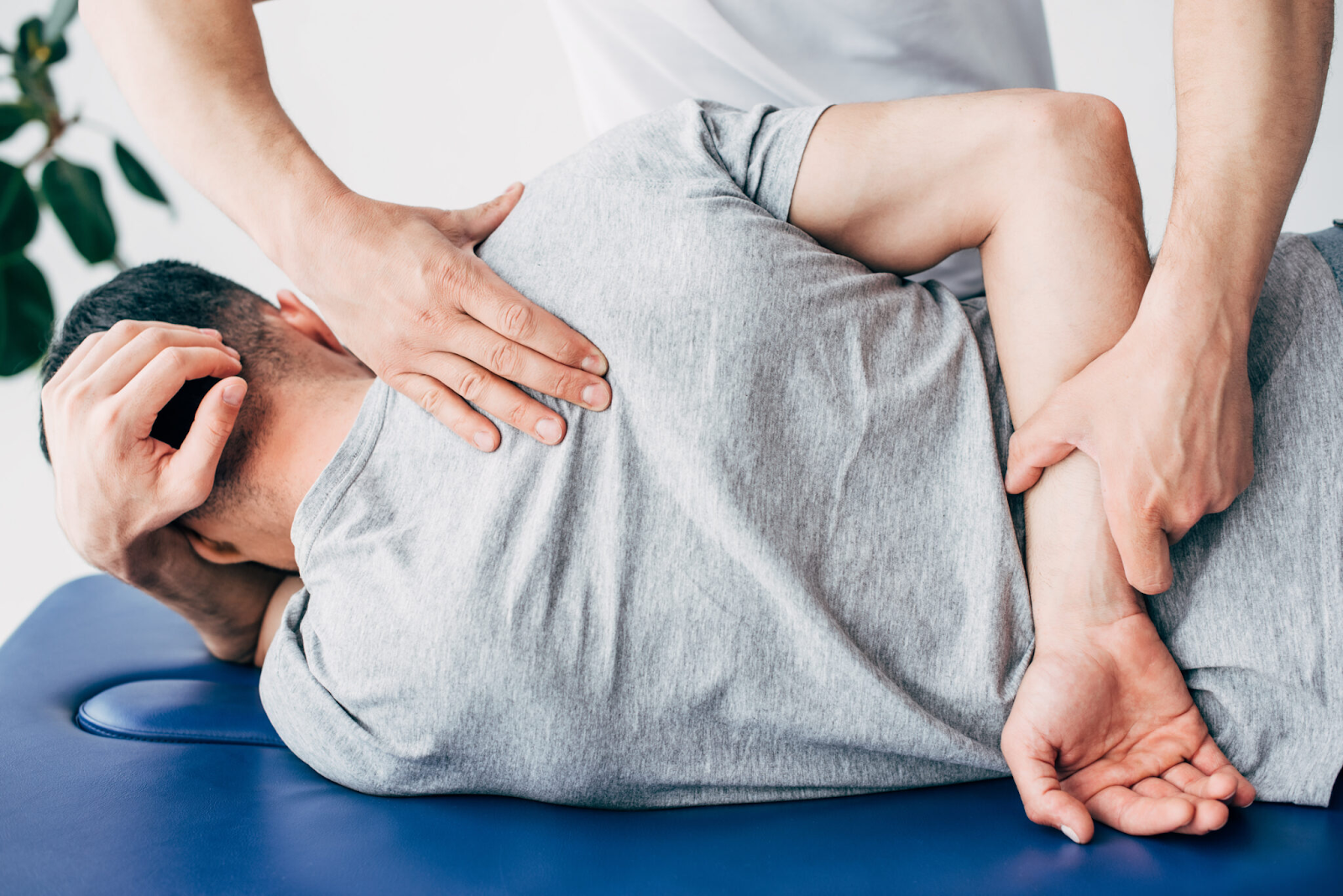Back pain affects millions of Americans every day, interfering with work, sleep, and daily activities. The good news? Many back problems can be prevented through simple lifestyle adjustments that don’t require expensive equipment or major life overhauls. At Revive Health & Wellness in Point Pleasant, New Jersey, we’ve seen firsthand how small changes can make a significant difference in preventing back pain and maintaining spinal health.
Whether you’re dealing with occasional discomfort or want to prevent future problems, these evidence-based lifestyle modifications can help you maintain a healthy back for years to come.
Understanding Your Back: The Foundation of Prevention
Your spine consists of 33 vertebrae, intervertebral discs, ligaments, and muscles working together to support your body weight and enable movement. When any component becomes strained or misaligned, pain and dysfunction can result. The key to back health lies in supporting these structures through proper posture, movement, and daily habits.
Most back problems develop gradually due to poor posture, repetitive stress, or weak supporting muscles. By addressing these root causes through lifestyle changes, you can significantly reduce your risk of developing chronic back pain.
Improve Your Posture Throughout the Day
At Your Desk
Poor posture is one of the leading contributors to back pain in our modern society. When working at a computer, maintain a neutral spine position with your ears aligned over your shoulders and shoulders over your hips.
Keep your feet flat on the floor and position your monitor at eye level to avoid neck strain. Take regular breaks every 30-45 minutes to stand, stretch, and reset your posture. Consider using a standing desk for part of your workday to reduce prolonged sitting.
While Standing
When standing for extended periods, distribute your weight evenly on both feet. Avoid locking your knees and engage your core muscles to support your spine. If you must stand on hard surfaces for long periods, use an anti-fatigue mat or alternate resting one foot on a small stool.
Create an Ergonomic Sleep Environment
Your sleeping position and mattress quality directly impact your spinal health. A supportive mattress that maintains your spine’s natural curves is essential for back health. Replace your mattress every 7-10 years or when it begins to sag.
Sleep on your back or side rather than your stomach, which can strain your neck and lower back. Place a pillow between your knees when side sleeping or under your knees when sleeping on your back to maintain proper spinal alignment.
Incorporate Regular Exercise for Back Health
Strengthening Exercises
Strong core muscles act as a natural brace for your spine. Include exercises that target your abdominals, back extensors, and hip muscles. Planks, bridges, and modified bird dogs are excellent starting points for building core stability.
Focus on exercises that improve both strength and endurance rather than maximum lifting capacity. Consistency matters more than intensity when building supportive muscle strength.
Flexibility and Mobility Work
Tight muscles can pull your spine out of alignment and create imbalances that lead to pain. Regular stretching helps maintain flexibility in your hip flexors, hamstrings, and back muscles.
Yoga and gentle stretching routines can improve both flexibility and body awareness. Pay special attention to areas that feel tight after long periods of sitting or repetitive activities.
Lift and Move Properly
Proper lifting technique protects your spine from injury during daily activities. Always lift with your legs rather than your back, keeping the object close to your body. Avoid twisting while lifting; instead, move your feet to change direction.
When carrying heavy items, use both hands when possible or alternate sides to prevent muscle imbalances. Consider using lifting aids like dollies or asking for help with heavy objects.
Manage Your Weight for Spinal Health
Excess body weight, particularly around the midsection, places additional stress on your spine and can alter your posture. Even modest weight loss can reduce pressure on spinal structures and improve back pain symptoms.
Focus on sustainable lifestyle changes rather than crash diets. Combining regular physical activity with healthy eating habits provides the best long-term results for both weight management and overall health.
Stay Hydrated for Disc Health
Your intervertebral discs are composed largely of water and rely on proper hydration to maintain their shock-absorbing properties. Dehydration can lead to disc degeneration and increased risk of injury.
Aim for adequate daily water intake based on your body weight and activity level. Most adults need approximately 8-10 glasses of water per day, with additional fluids needed during exercise or hot weather.
Manage Stress and Its Physical Effects
Chronic stress contributes to muscle tension, particularly in the neck, shoulders, and back. This tension can lead to pain and postural problems over time.
Incorporate stress management techniques such as deep breathing exercises, meditation, or regular physical activity. Quality sleep also plays a role in stress management and muscle recovery.
Know When to Seek Professional Help
While lifestyle changes can prevent many back problems, some situations require professional intervention. Seek care if you experience persistent pain lasting more than a few days, pain that radiates down your leg, numbness or tingling, or pain following an injury.
Early intervention often leads to better outcomes and can prevent minor problems from becoming chronic conditions. A healthcare provider can assess your specific situation and recommend appropriate treatment options.
Making Changes That Last
The key to successful lifestyle modification is starting small and building gradually. Choose one or two areas to focus on initially rather than trying to change everything at once. Once new habits become routine, add additional healthy behaviors.
Track your progress and celebrate small victories along the way. Remember that consistency matters more than perfection when it comes to maintaining back health.
Conclusion
Maintaining a healthy back doesn’t require dramatic lifestyle changes or expensive treatments. Simple modifications to your daily routine, including improving your posture, staying active, and creating supportive sleep and work environments, can significantly reduce your risk of developing back pain.
Ready to take the next step in your back health journey? Contact Revive Health & Wellness in Point Pleasant, New Jersey, to schedule a consultation with our experienced team. We’ll help you develop a personalized plan for maintaining optimal spinal health and preventing future problems. Call us at 732-444-1103 or visit our website to book your appointment today.
Follow us on Facebook, YouTube, and Instagram for more updates!


